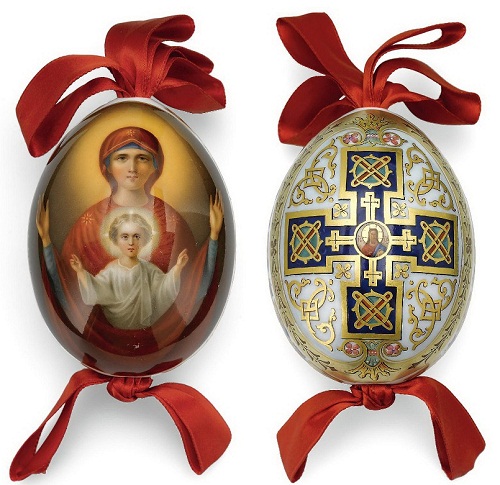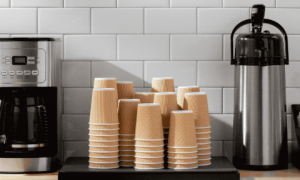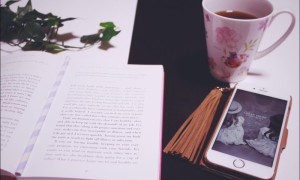CCTV9英语新闻:俄罗斯复活节彩蛋莫斯科展出
Decorative eggs are often used as symbols of the Christian festival of Easter. In Tsarist Russia, aristocrats and royalty exchanged lavishly-decorated eggs at Easter time as a gesture of friendship. Now, a new exhibition in Moscow is celebrating that historic tradition.
Just days ahead of Orthodox Easter, Moscow’s State History Museum is opening a special exhibition. They’re showing porcelain Easter eggs which once belonged to the Russian imperial family.
At the time, scientists developed an original Russian recipe for a sufficiently white and translucent porcelain, and the Imperial Porcelain Factory started producing chinaware.
The first egg was made by Dmitry Vinogradov, the inventor of the porcelain, for Easter 1749.

Easter eggs from the Russian Imperial Porcelain Factory.
"We begin the exhibition in the 18th century when chinaware in Russia gained widespread currency," said Marina Christyakova, head of conservation at Russian State History Msueum. "That was connected with the invention by the famous Dmitry Vinogradov. It ends with objects from the time of the World War I, 1915-1916, when there was a tradition of congratulating and exchanging Easter eggs with the military."
The opening is being attended by Pavel Kulikovsky, the great-great-grandson of Russian Emperor Alexander III. There’s no doubt which is his favourite Easter egg.
"The big one of Alexander III is a beautiful blue colour with gold on top and is just bigger than normal, so it’s very impressive. I think that’s very fitting for Alexander III," Kulikovsky said.
The eggs were painted with images of Russian saints, landscapes of memorable places, imperial monograms and even copies of paintings by famous artists like Rafael.
The Russian emperor met with thousands of people - including military personnel and aristocrats - to give them this special Easter present.
The exhibition also features a section where visitors can design their own eggs.
"It may take a week or more to finish one piece if it’s a complicated ornate image or painting. Some pieces take months," said artist Anna Sukanova.
Russian Orthodox Easter is on Sunday April 20th.







